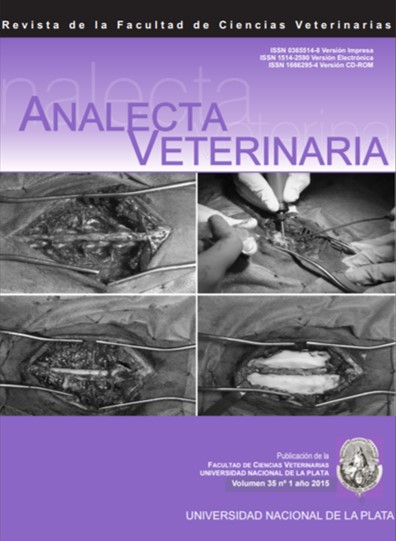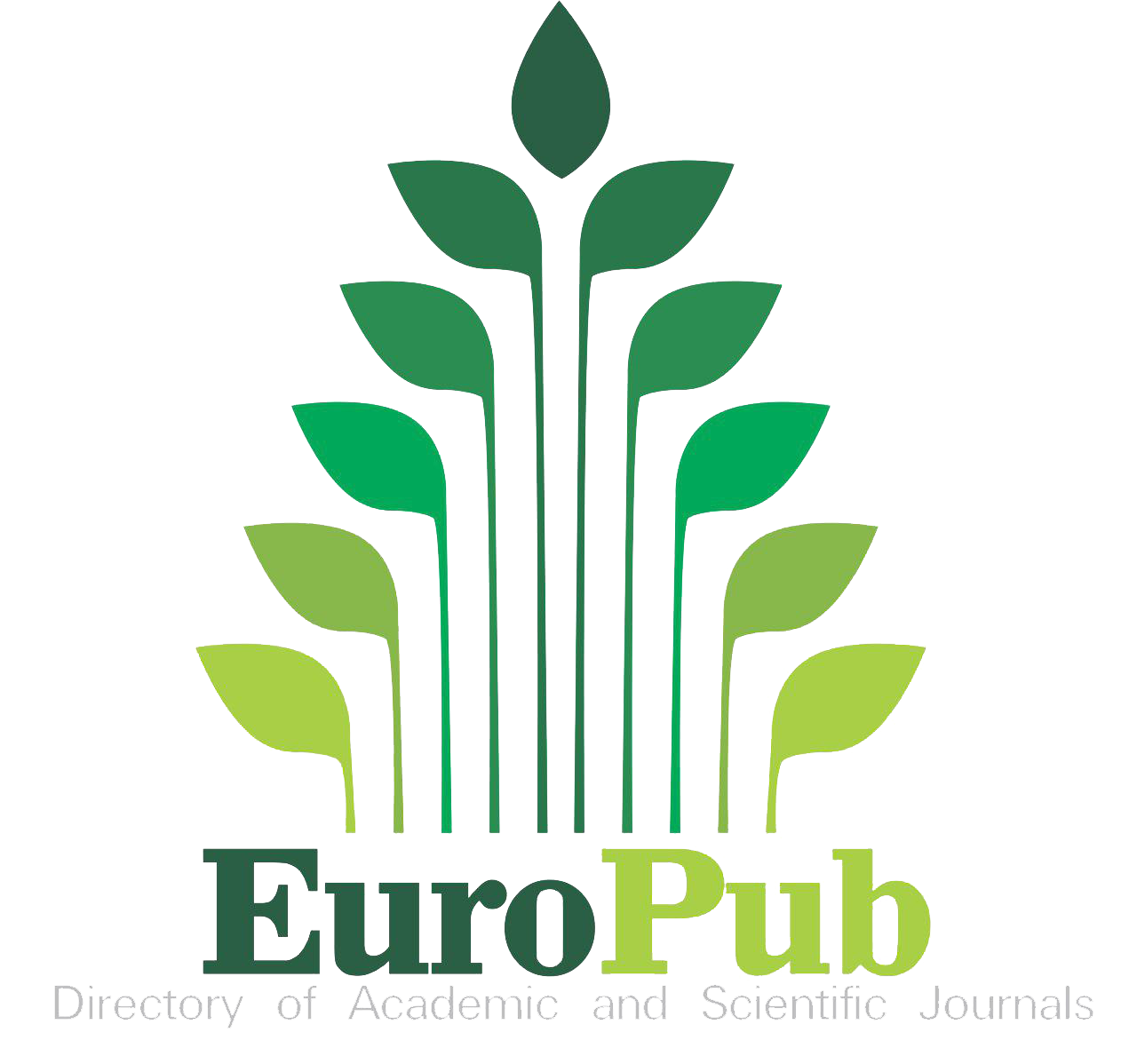Congelación de semen porcino: resultados y avances en la técnica
DOI:
https://doi.org/10.24215/15142590ep.%2017-25Abstract
The freezing process of boar semen produces changes in the integrity of the membranes, which may vary according to the profile of fatty acids to medium composition. The objective of this study was to determine possible individual variations in the seminal quality during the freezing process in boar semen and the responses to changes in the environment, such as the use of different gradients of the cryoprotectant or in vitro inclusion of antioxidants. When the effect of the treatment (temperature according to the freezing steps) was analysed, it was observed a marked decline in seminal quality for most parameters (motility, percentage of live spermatozoa and with normal acrosomes, P < 0.001). Individual variations showed a trend towards an effect on motility, even though it was not significant (P < 0.2). The best values of seminal quality were obtained with the use of 4 % of glycerol and 0.5 % of sodium dodecyl sulphate. The addition of a natural antioxidant based on lycopene in vitro in samples obtained during cryopreservation conferred a protective effect because major unsaturated fatty acids were not affected by the process of peroxidation.
Downloads
Metrics
No metrics found.
Published
How to Cite
Issue
Section
License
Authors retain the copyright and assign to the journal the right of the first publication, with the with the terms of the Creative Commons attribution license. This type of license allows other people to download the work and share it, as long as credit is granted for the authorship, but does not allow them to be changed in any way or used them commercially.

Analecta Veterinaria by School of Veterinary Sciences, National University of La Plata is distributed under a Creative Commons Attribution-NonCommercial-NoDeriv 4.0 International License.

























